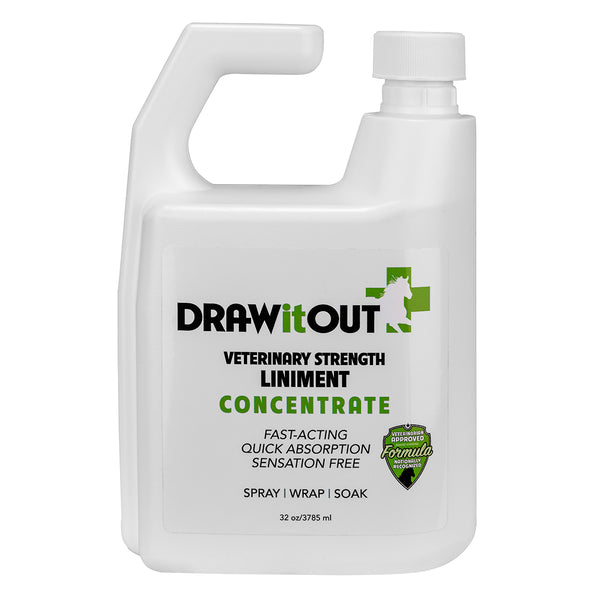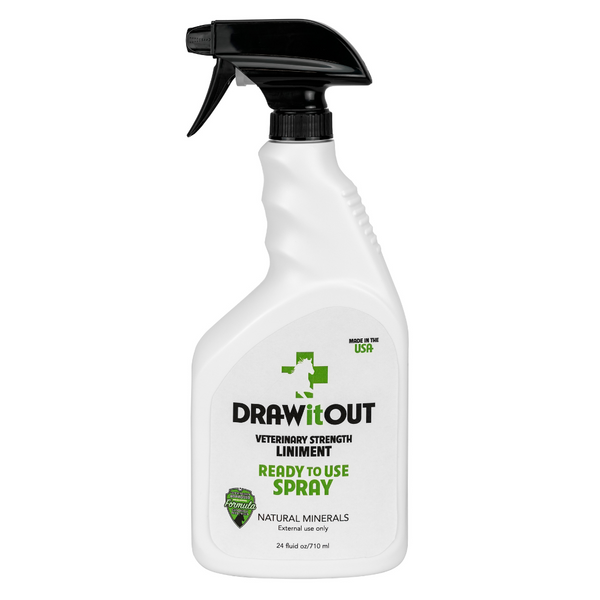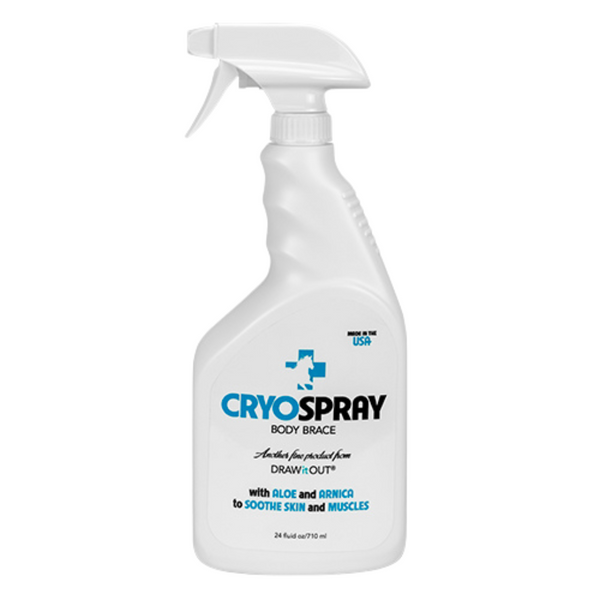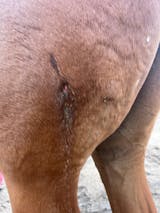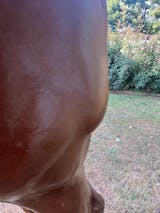Horses 101: The Basics for Owning a Horse
Owning a horse is rewarding, but it comes with real responsibility. From choosing the right partner to feeding, housing, and daily care—this guide covers what every first-time owner should know.
Selecting the Right Horse
Start with your goals: trail riding, showing, working cattle, or companionship? Match your experience and ambitions with the right breed, age, and temperament. While foals require advanced handling, many beginners do best with calm, trained horses aged 5–10 years.
Shelter and Space
Horses thrive with proper housing and turnout. A safe, ventilated barn or run-in shed protects from weather extremes. Plan at least 1–2 acres per horse for turnout, grazing, and mental health.
Nutrition
A horse’s diet revolves around forage—hay and pasture. Add concentrates or supplements only as needed, based on workload and veterinary advice. Clean, unfrozen water should be available at all times.
Health and Vet Care
- Core vaccinations (e.g., tetanus, influenza, West Nile virus)
- Regular deworming tailored to fecal egg counts
- Dental checks for proper chewing and digestion
- Hoof care with trims/shoeing every 6–8 weeks
Grooming and Hygiene
Daily grooming keeps the coat healthy, builds trust, and gives you a chance to spot injuries or changes. Hooves should be picked daily to prevent debris buildup and infection. Partner with a farrier for trims or corrective shoeing.
Training and Exercise
Consistent groundwork builds trust and manners. Begin with lunging and leading before progressing to riding. Exercise should be regular and scaled to your horse’s age and fitness.
Social Needs
Horses are herd animals. When possible, provide companionship with another horse, pony, or even compatible livestock. Social interaction prevents stress and boredom.
Safety
Wear a helmet, learn equine body language, and handle calmly but firmly. Beginners should work under the guidance of an instructor and use enclosed spaces until both rider and horse are confident.
Legal and Ethical Considerations
Check local zoning and boarding regulations, follow manure management rules, and always prioritize equine welfare. Ethical ownership means lifelong commitment to a horse’s health and happiness.
Pro Tip: Healthy hooves = a healthy horse. Products like Silver Hoof EQ Therapy® support strong, resilient hooves—an essential for every new owner.
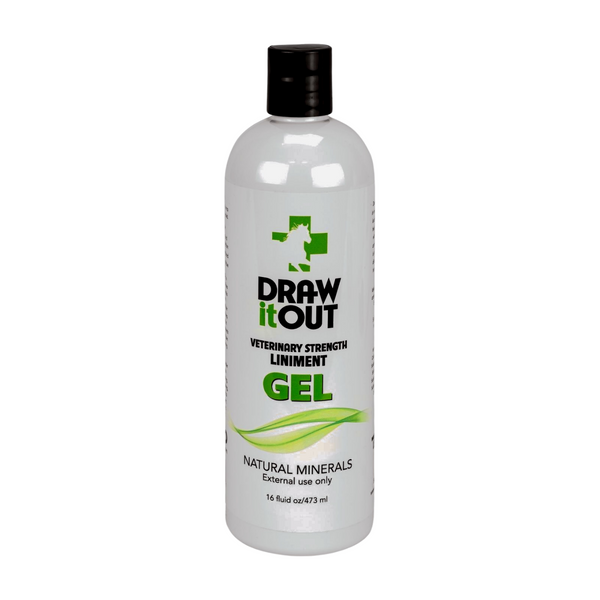 View Product
View Product
















